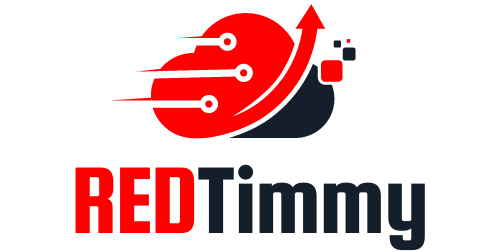Making a great resume is more than just listing your past jobs. It’s a chance to shape your professional identity and make a lasting first impression on potential employers. A strong resume highlights your skills, achievements, and qualifications. That can greatly improve your chances of getting an interview.
In today’s job market, where digital applications are common, knowing how to write a CV well can help you stand out. Understanding what employers look for can make your resume more relevant to the industry.
Today, we want to provide you with a detailed guide on how to write it successfully.
Key Takeaways
- A strong resume is essential for making a great first impression with potential employers.
- Utilize effective writing tips to stand out in competitive job markets.
- Craft it to reflect your qualifications, skills, and achievements clearly.
- Employers look for specific traits and qualifications, so tailor your approach accordingly.
- Real-world examples can guide you in structuring your own effectively.
What Makes a Great Resume?
Creating a good resume means knowing its key parts and what it’s for. It’s meant to sum up your skills and past jobs, showing why you’re perfect for a job. This part talks about the main things you should put in and the different ways to make your resume stand out.
What is the Purpose?
The main goal of a resume is to share your professional story with employers. A good resume acts as a marketing tool. It shows off your skills, past jobs, and achievements. This makes a strong case for why you’re right for the job. A great example not only lists your skills but also grabs the reader’s attention and makes them want to act.
What are the Key Components?
A winning resume has several important parts. These parts make your resume clear and attractive.
Make sure your resume has the following:
- Contact Information: Your name, phone number, and email address.
- Professional Summary: A brief overview of your career goals and main skills.
- Work Experience: A detailed list of jobs you’ve had, what you did, and what you achieved.
- Education: Your degrees and certifications, including any relevant courses or honors.
- Skills: A list of both hard and soft skills that fit the job.
Common Formats to Consider

Picking the right resume format matters. Different formats are best for different careers.
Here are some common ones:
| Format | Best For | Description |
|---|---|---|
| Chronological | Applicants with solid, consistent work history | Lists experiences in reverse chronological order, emphasizing job titles and dates. |
| Functional | Career changers or those with gaps in their employment history | Focuses on skills and experiences rather than job titles and dates. |
| Combination | Individuals with varied skills and experiences | Blends both chronological and functional formats, highlighting relevant skills while providing a timeline of employment. |
Knowing what a resume is for, its key parts, and the different formats is crucial. It helps you make effective CV that catch the eye of hiring managers and help you stand out in a crowded job market.
Tips and Strategies
Writing a great resume is more than just listing your jobs. You can boost your chances of getting noticed by using smart writing tips. Focus on making your CV match the job description, using strong action verbs, and showing off your key skills and achievements.
Tailoring Your Resume to the Job Description
Start by reading the job posting closely. Look for keywords and phrases that match the job. Then, add those words. That makes you fit the job and helps it pass through applicant tracking systems.
Each CV you send should show you’re a great fit for the job. It should clearly show you have what employers are looking for.
Keep in mind that some jobs have abysmal management, and you should learn ways and signs on how to spot them and run away as far as you can!
Effective Action Verbs and Language

Using strong action verbs can make your resume stand out. Instead of using basic words, pick verbs that show confidence and success. Words like “developed,” “led,” or “implemented” show off your skills well.
These verbs grab the reader’s attention and highlight your big wins. They make your professional achievements clear and to the point.
Highlighting Skills and Achievements
It’s key to show off your skills in your resume. Create a section for your main skills that fit the job. Use numbers to back up your achievements, like “increased sales by 30%” or “managed a team of ten.”
This adds credibility and makes it memorable. Aim to show a good mix of skills and achievements. This shows you’re the best candidate for the job.
Bottom Line
Making a standout CV is key to growing in your career. A well-made resume shows off your skills and shows you pay attention to details. You’ve learned how to make it stand out by tailoring it, picking the right action verbs, and showing off your unique skills and wins.
As you move forward in your career, keep making your resume better to match your new skills and experiences. Writing is not just a one-time thing; it needs regular updates and changes. Use the final tips for writing by checking for mistakes and getting feedback from mentors or career coaches.

